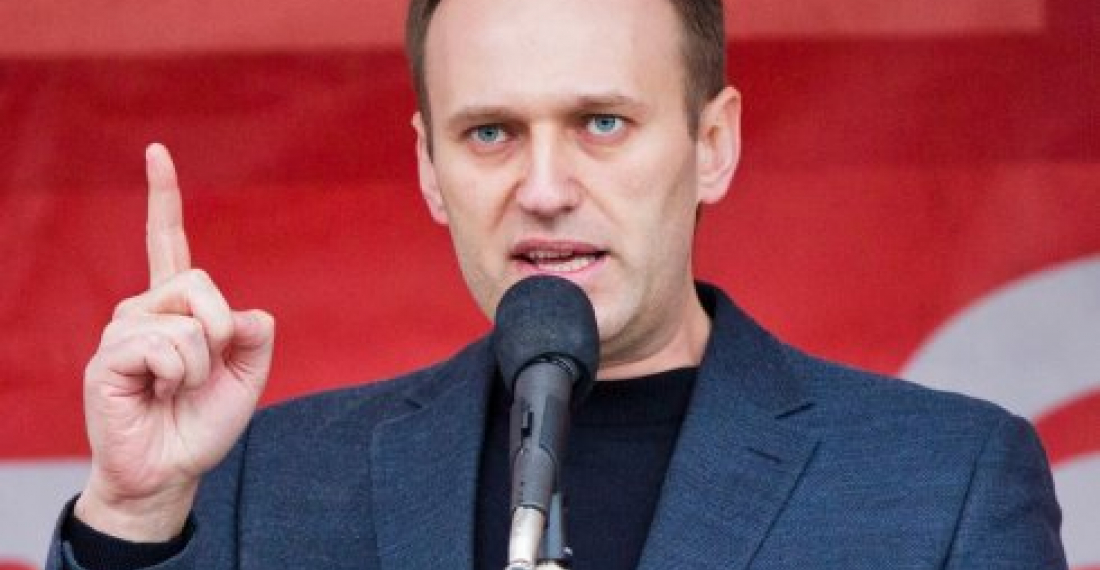The German government has said that there is "unequivocal proof" that Russian opposition politician Alexei Navalny was poisoned with a Novichok nerve agent. Chancellor Angela Merkel said he was a victim of attempted murder and the world would look to Russia for answers.
Steffen Seibert, a spokesperson for the German Government, has said that toxicology tests show conclusive evidence that the Russian opposition leader, Alexei Navalny, was poisoned by "a chemical nerve agent from the Novichok group". Navalny was flown to Berlin for treatment on August 21 after falling ill from a suspected poisoning during a flight between Tomsk, in the Russian region of Siberia, and Moscow on the morning of August 20. Navalny remains in an induced coma but in a stable condition at the Charité hospital in Berlin.
In light of the test results, Seibert stated that the German Chancellor Angela Merkel and her Cabinet had met to discuss the situation and determine a course of action. He confirmed that the German Government would inform their partners at NATO, the EU and the Organisation for the Prohibition of Chemical Weapons (OPCW) and consult "on an appropriate joint response". German Foreign Minister Heiko Maas stated, "We condemn this attack in the strongest possible terms," adding that the Russian Ambassador to Berlin has been summoned to his ministry. "We now know that there was an attack with a chemical nerve agent," Mass said. "That makes it even more urgent to determine who was responsible in Russia and to hold them to account."
TASS news agency reports that Russian doctors did not identify any toxic or poisonous substances in Navalny's body before he was flown to Berlin. It also reports that the official representative of the President of the Russian Federation, Dmitry Peskov, has stated that the Kremlin is yet to receive any official information from the German Government.
Novichok refers to a series of Soviet-era nerve agents designed between 1971 and 1993 to be undetectable and evade NATO chemical protective gear at the time of their creation. They are considered by some to be the most powerful nerve agents ever made. According to WBTV, Richard Parsons, a senior lecturer in biochemical toxicology at King's College London, said, "It is only dangerous when it is about to be used, i.e. mixed together. It is unavailable from anywhere except the Russian military as far as I am aware."
This is not the first time that this specific group of nerve agents has found its way into the mainstream media. In March 2018, Novichok was identified as the substance used to poison Sergei Skripal - a former Russian spy - and his daughter in the English city of Salisbury. The UK accused Russia of the poisoning, announcing a series of punitive measures including the expulsion of Russian diplomats - a move that was followed by 28 other countries. On November 27, 2019, the OPCW added Novichok to its list of banned substances.
Source: Commonspace.eu with The Guardian, TASS, Deutsche Welle, WBTV, and agencies
Photo: Alexei Navalny (archive picture)






